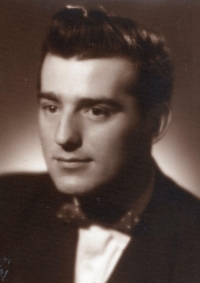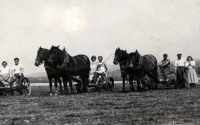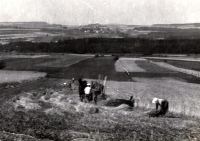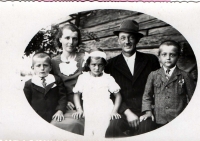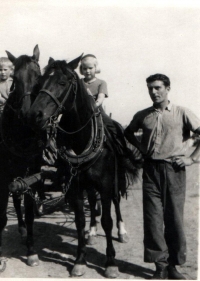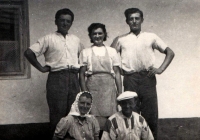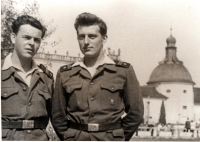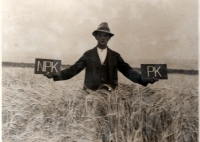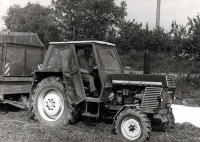Under the threat of eviction, everyone eventually entered the agricultural cooperative
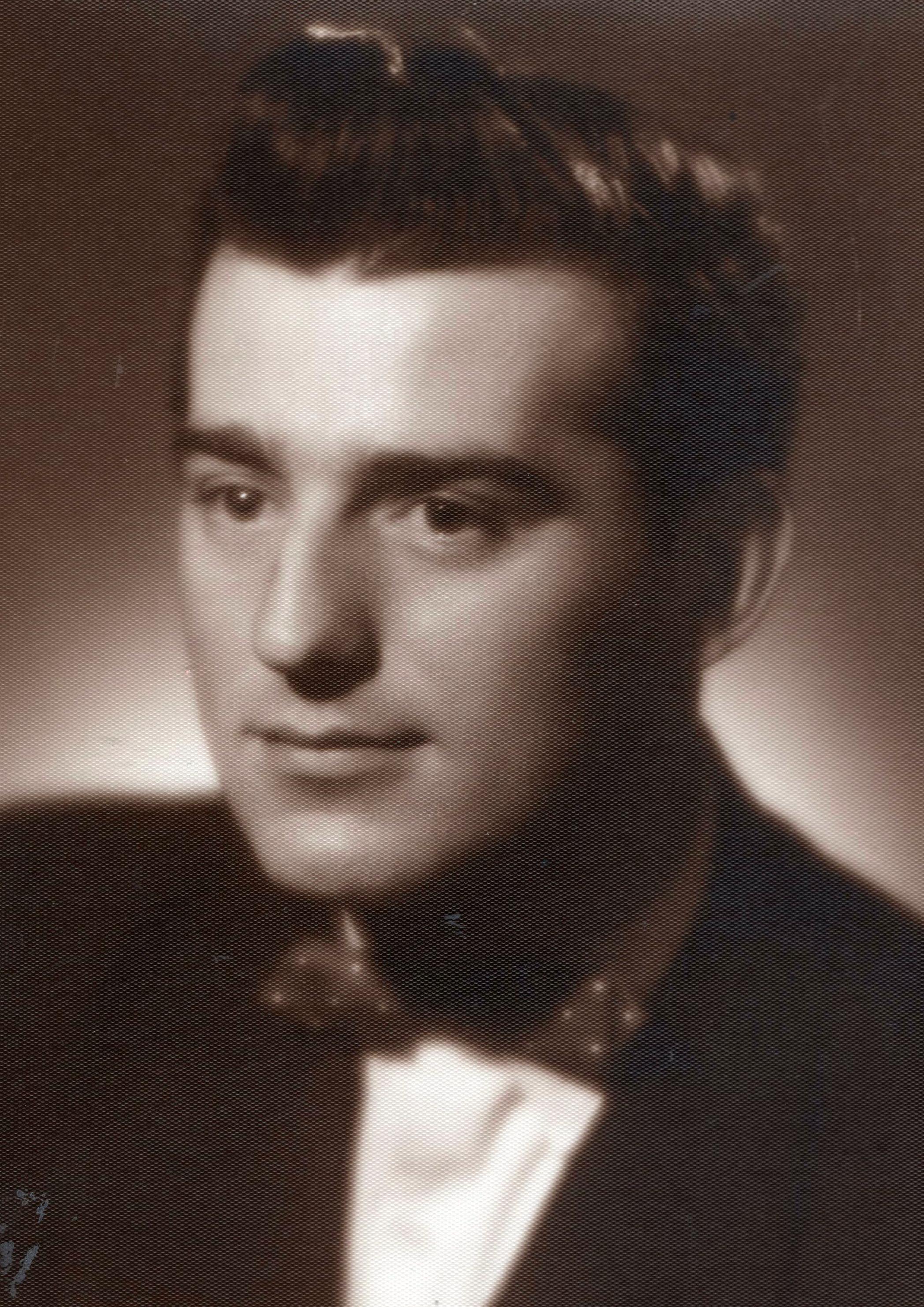
Stáhnout obrázek
Josef Davídek was born on April 14, 1935 in the village of Lipnice near Spálené Poříčí into the family of a local farmer. From an early age, he had to help his parents work on the farm. He started going to school in Spálené Poříčí at the beginning of the Second World War, but he mainly remembers the events from the end of the war. The American Army and a little later the Red Army arrived in Lipnice, which was located near the demarcation line. He recalls air raids by dredgers and passing groups of captured German soldiers. Shortly after the war, a Wehrmacht soldier worked on their farm, whom his father brought to help from Pilsen. In the 1950s, the family was labeled as kulaks because it owned more than fifteen hectares of land. The father was forced to deliver supplies and despite the tireless efforts of the whole family, they were unable to meet the supplies. He was convicted and went to prison. In 1953, however, then-President Klement Gottwald died and his father was pardoned under a declared amnesty. Under the threats of eviction and due to the impossibility of fulfilling supplies, everyone, including the witness‘s father and his children, finally joined the unified agricultural cooperative in Lipnice. Josef Davídek stayed there until his retirement and worked first as a tractor driver and later as a mechanic. The farm was returned to them in restitution in 1990. He lives with his wife in Lipnice on his native farm.
